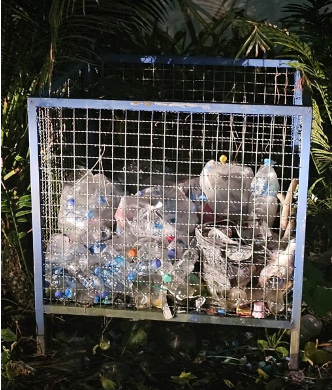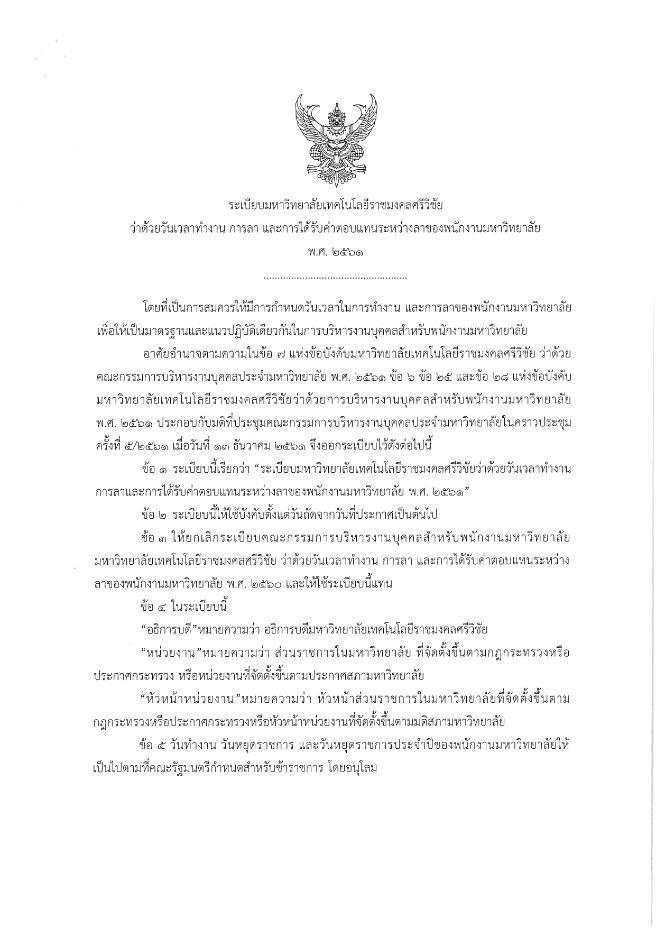Reporters :
Asst.Prof. Saowanee Chaipech
Dr. kittichon Utaynapun
Mr. Ugrit Chammari
Evidence Date: January 1, 2022 – December 31, 2022
Indicator : 12.4, 12.4.1, 12.4.2
Related SDGs:

12.4.1 Report of waste generated
RUTS generates an estimated total of 4,500 kilograms of waste per business day. The majority of this waste, equivalent to 80%, constitutes general waste (Garbage). The remaining 17.33% is composed of recyclable waste, including plastic and paper and 2.67% is categorized as hazardous waste. The allocation of this waste is as follows: the Songkhla campus is responsible for approximately 55%, the Nakhon Si Thammarat campus contributes 33%, and the Trang campus accounts for 15%.

Within the Songkhla Campus area, daily waste production averages 2,500 kilograms. The majority of this waste, equivalent to 2,125 kilograms per day or 85%, constitutes general waste (Garbage). The remaining 13% is composed of recyclable waste, including plastic and paper, with an average of 325 kilograms per day, and 2% is categorized as hazardous waste.

Within the Nakhon Si Thammarat Campus area, daily waste production averages 1,500 kilograms. The majority of this waste, amounting to 1,125 kilograms per day or 75%, is classified as general waste. The remaining 21% is recyclable waste, with an average of 315 kilograms per day, and 4% is categorized as hazardous waste.

In the Trang Campus area, daily waste production averages 680 kilograms. The majority of this waste, equivalent to 544 kilograms per day or 80%, constitutes general waste. The remaining 18% is composed of recyclable waste, with an average of 123 kilograms per day and 2% is categorized as hazardous waste.

12.4.2 Report of waste recycle
Under the recycling management process implemented by both RUTS and municipal authorities, more than 40% of recyclable waste can be successfully directed into the recycling process. Collaborative efforts with the Tham Yai Municipality, Thung Song District, and the Nakhon Si Thammarat Provincial Administration have enabled the successful separation and recycling of more than 40% of recyclable waste.


Related Links:
https://sdgs.rmutsv.ac.th/wp-content/uploads/2022/11/SDGs2022.pdf



